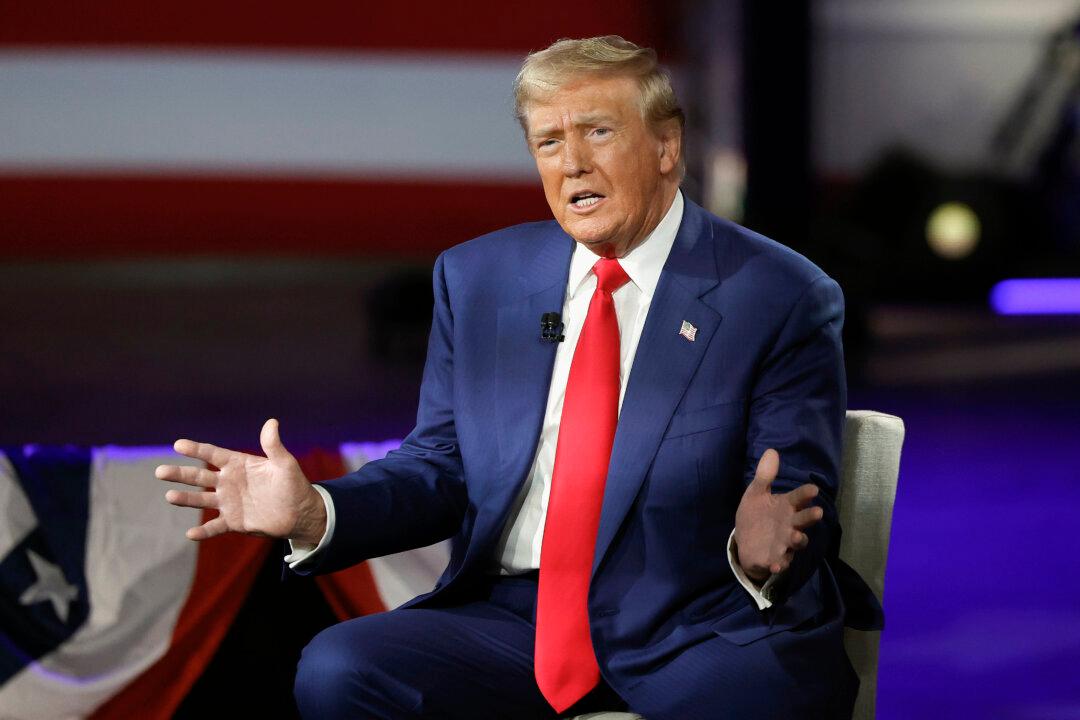WASHINGTON—U.S. District Judge Tanya Chutkan issued an order on Sept. 5 outlining a series of deadlines for former President Donald Trump’s federal election interference case.
Her order allows special counsel Jack Smith to release evidence in the case before the November election and seemed to favor Smith’s approach of concurrently addressing various issues rather than a more incremental approach advanced by Trump’s attorneys.





